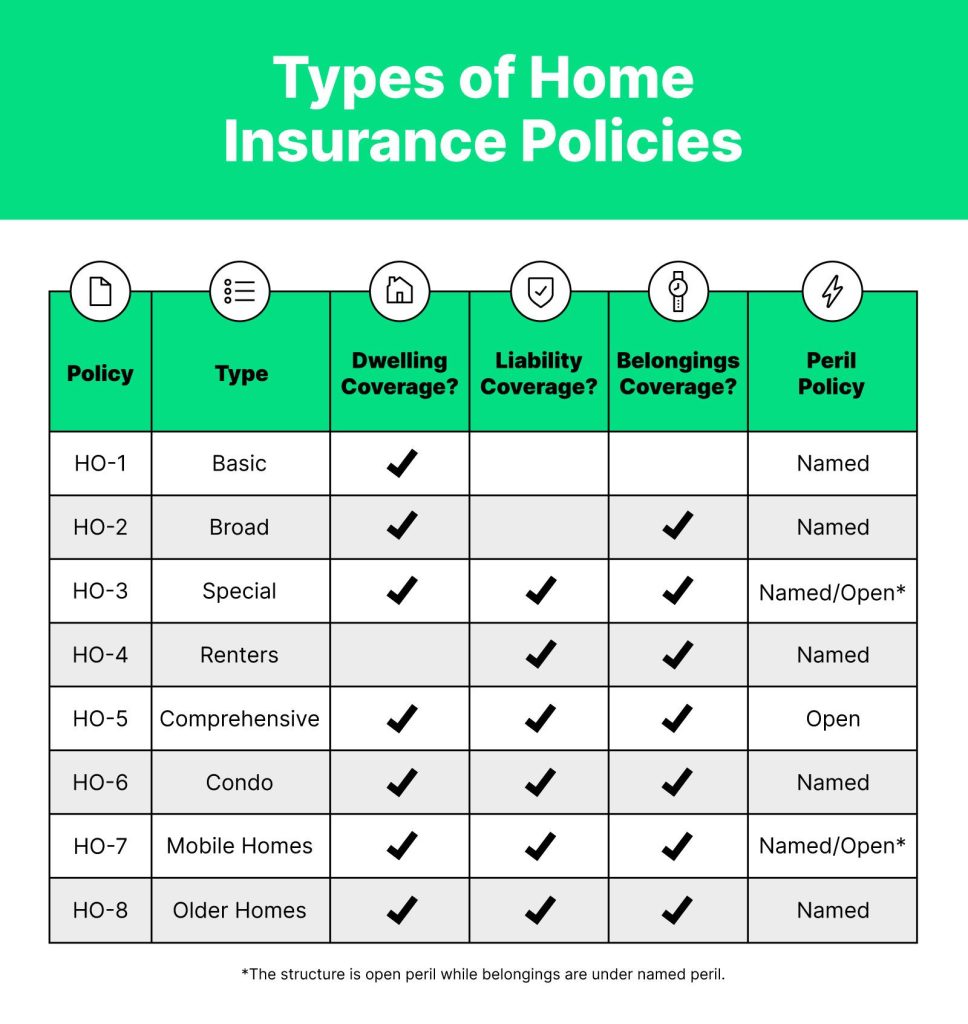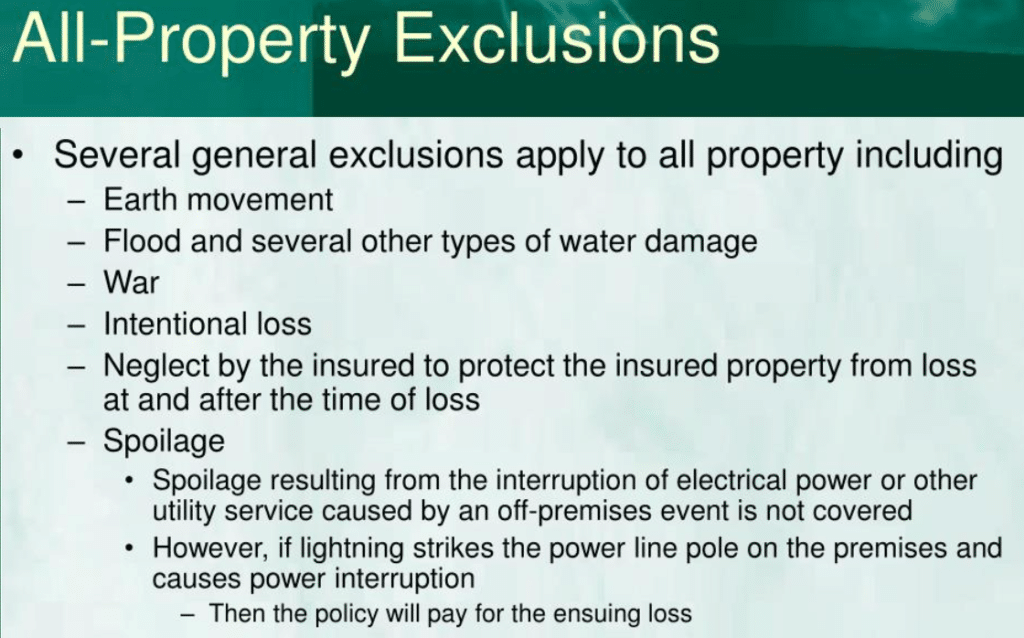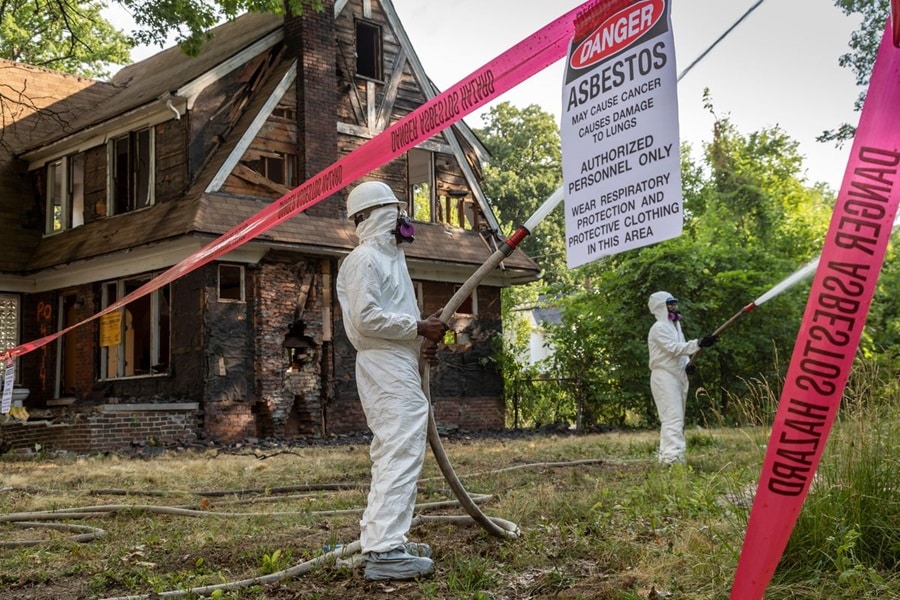Homeownership comes with its fair share of responsibilities and challenges. A home isn’t just a space of comfort and refuge, but also a valuable asset that requires protection. Navigating the intricacies of home insurance can be complex, especially for new homeowners. With a variety of coverage options, policies, and terms, it’s essential to have a thorough understanding to secure a policy that ensures both peace of mind and financial security. This post aims to demystify home insurance, shedding light on its vital aspects, and providing actionable insights for every homeowner to make informed decisions. Knowing what to look for, asking the right questions, and understanding the coverage can transform a typically daunting task into a manageable and empowering experience.
Contents
The Basics Of Home Insurance

The myriad of home insurance options begins with understanding the different types of coverage available. Property damage coverage, for instance, protects against damage to the home and other structures on the property. Liability coverage offers protection in the event of injuries or property damage inflicted on others, while additional living expenses coverage assists homeowners if their home becomes uninhabitable due to a covered peril. Each type serves a distinct purpose, making it essential for homeowners to assess their specific needs and risks to select a well-rounded policy.
The consequences of underinsuring a home can be devastating. It’s a pitfall that many fall into, either in an attempt to save on premiums or due to a lack of awareness. Ensuring adequate coverage is crucial, as it determines the extent of financial protection in the event of unexpected occurrences like natural disasters, theft, or accidents. Homeowners should be vigilant in evaluating the cost of rebuilding or repairing their home, replacing personal belongings, and potential liability costs to avoid being caught off guard when disaster strikes.
How To Choose The Right Policy

Assessing individual insurance needs is the cornerstone of selecting the appropriate policy. Factors such as the type and location of the property, its contents, and the homeowner’s personal circumstances play a pivotal role in this process. Homeowners should also consider potential natural disasters and other risks specific to their location. A comprehensive assessment not only ensures adequate coverage but also aids in avoiding unnecessary costs for unneeded coverage.
Choosing an insurance provider requires careful consideration and comparison. Homeowners should explore the policies, premiums, and customer service reputation of multiple providers. Reading customer reviews, seeking recommendations, and considering the financial stability of the insurance companies can offer valuable insights. A provider that aligns with the homeowner’s needs, offers competitive premiums, and has a reputation for excellent service and claim handling can be a reliable choice for a long-term partnership.
Factors That Affect Premiums

The home’s value and condition are instrumental in determining insurance premiums. Older homes or those in poor condition often attract higher premiums due to the increased risk of damage and the potential for costly repairs. Home renovations and improvements can lead to a reevaluation and reduction in premiums, as a well-maintained home is generally considered to be at a lower risk for insurance claims. The material used in construction, the home’s overall design, and safety features can also influence the cost of insurance.
Location plays a significant role in insurance costs, with areas prone to natural disasters or with high crime rates typically experiencing higher premiums. Homeowners in these regions often need to consider additional coverages or higher policy limits to mitigate their unique risks. Proximity to emergency services like fire departments can also impact insurance costs. Factors such as neighborhood safety, the local climate, and the area’s claim history are all meticulously evaluated to calculate premiums.
Making A Claim

The process of filing a claim is an essential aspect of home insurance that every policyholder should be well-versed in. In the event of damage or loss, prompt reporting is crucial. Homeowners should gather detailed information and documentation, including photographs and a comprehensive account of the incident. Effective communication with the insurance provider is key, ensuring that all required information is provided and procedural steps are meticulously followed.
Claims are evaluated and settled based on the policy’s stipulations and the documented damages. It’s not uncommon for an insurance adjuster to visit the property to assess the extent of the damage firsthand. In instances where a homeowner disagrees with the settlement offered, arbitration or legal steps can be considered. Knowing the details of the policy, including the rights and responsibilities it outlines, is instrumental in navigating the claim process efficiently.
Ways To Lower Insurance Costs

Improving home safety is a practical approach to reducing insurance premiums. Installing security systems, smoke detectors, and undertaking regular maintenance checks can significantly lower the risk of damage or loss, resulting in reduced premiums. Similarly, disaster-proofing homes, especially in areas prone to specific natural calamities, not only ensures safety but is often rewarded with cost reductions.
Insurance companies often provide options for bundling policies, such as combining home and auto insurance, leading to discounted premiums. Homeowners should explore these options and other available discounts, like those for being claim-free for a specific period or installing energy-efficient features. Transparency in communication and negotiations with the insurer can reveal numerous avenues to achieve substantial savings while retaining optimal coverage.
The Importance Of Regular Policy Review

Life is dynamic, and changes in a homeowner’s life and property can significantly impact insurance needs. For instance, renovations or additions to the home, the acquisition of valuable items, or changes in the local environment can necessitate an update in coverage. Such changes should be communicated to the insurance provider promptly to adjust the policy accordingly, ensuring that it remains adequate and relevant to the prevailing circumstances.
Annual policy reviews are another essential practice. These regular assessments allow homeowners to scrutinize their policies, ensuring the coverage aligns with current needs and offers optimal protection. It’s an opportunity to identify gaps, redundancies, and potential savings, keeping the insurance policy attuned to the ever-evolving nature of the homeowner’s life and property.
Understanding Exclusions And Limitations

Every insurance policy comes with exclusions, detailing the perils and situations not covered. Homeowners should pay close attention to these, as ignorance of such exclusions can lead to unexpected financial burdens in the event of a claim. Typical exclusions might include damage from earthquakes or floods, or neglect and intentional damage. Awareness and understanding of these aspects are vital in seeking additional coverage where necessary to fill the gaps.
There’s often a need for additional coverage options to supplement the standard policy. These can be instrumental in offering comprehensive protection, catering to specific needs and risks not covered under the basic plan. Homeowners, especially those in areas prone to particular natural disasters or possessing unique valuables, should consider such add-ons to bolster their financial safeguard.
The Bottom Line
Navigating home insurance requires a blend of knowledge, attentiveness, and strategic decision-making. Homeowners are encouraged to delve deeply into understanding their specific needs, the nuances of different policies, and the dynamic nature of insurance requirements. Armed with this insight, selecting and managing a home insurance policy transforms from a daunting task into an empowering journey. Ensuring a home’s security is not just a financial endeavor but also a pathway to peace of mind, affirming that the sanctuary of home is well protected against the unforeseen and unpredictable twists of life.

